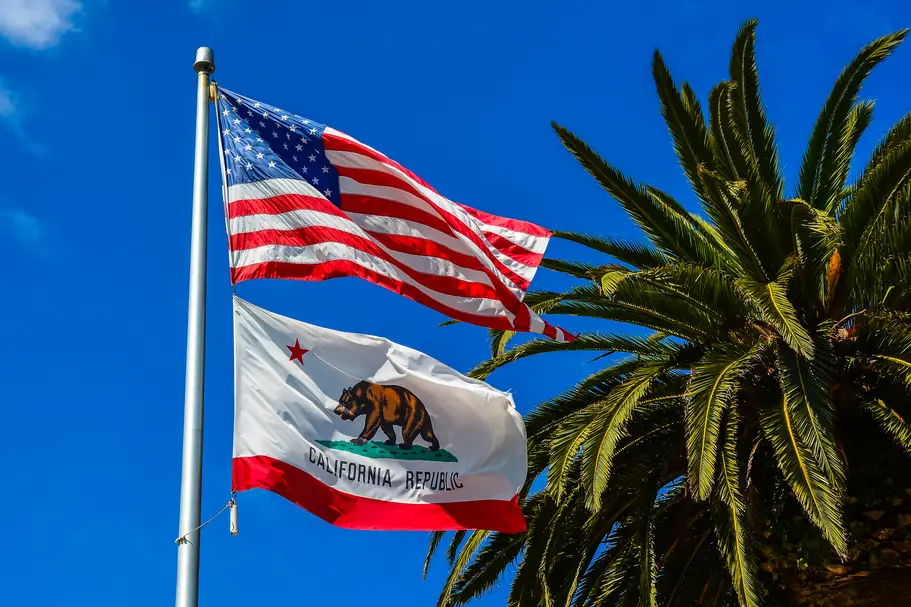California tribes were denied their request for preliminary injunction against Kalshi and Robinhood on Monday.
The Blue Lake Rancheria, Chicken Ranch Rancheria, and Picayune Rancheria sued Kalshi and Robinhood back in July over their offering of sports contracts on tribal lands. The tribes asserted that sports contracts violate the Indian Gaming Regulatory Act (IGRA), which gives tribes exclusive authority to regulate gaming on tribal lands.
Kalshi countered that the Unlawful Internet Gambling Enforcement Act (UIGEA) included a carveout for financial products traded on regulated exchanges. Judge Jacqueline Scott Corley was receptive to that argument. She wrote:
“Since it is undisputed Kalshi is a registered entity under the Commodity Exchange Act, and that its transactions are conducted on the Kalshi internet site, its internet contracts are not bets or wagers under the UIGEA and therefore do not constitute “unlawful internet gambling” even if the contracts are received, placed or transmitted from persons on Indian lands where internet gambling is illegal.”
Next stop for CA tribes vs. Kalshi, Robinhood: The Ninth Circuit
Kalshi got another point on the board with its preliminary victory against the California tribes. However, the Court of Appeals for the Ninth Circuit (U.S. federal court of appeals in San Francisco) will see a rematch. Sports betting and gaming lawyer Daniel Wallach said in a recent episode of Prediction News Update:
“I think what will happen is that this is going to be a denial…of the tribe’s motion for preliminary injunction, and they’re going to have the right to appeal that to the Ninth Circuit…And I don’t think they’ve waived any arguments, but I think the saving clause here for them might be the de novo standard of review at the Ninth Circuit, and basically having a second bite at the apple.”
The Ninth Circuit will likely consider the arguments fresh instead of relying on the District Court’s reasoning. It’ll be a renewed test of Kalshi’s argument that it is exempt from state gaming laws because it operates under the federal CFTC. The District Court judge may have ruled in Kalshi’s favor, but she left room for disagreement:
“As a final note, the Court does not take lightly Plaintiffs’ concerns about the effects Kalshi’s activities might have on tribal sovereignty and the Tribes’ finances. Indeed, by self-certifying the legality of its event contracts in a way that insulates its activities from judicial review, Kalshi may have found a way around prohibitions on interstate gambling that were created with the Tribes’ best interest in mind.”
Looking ahead to Kalshi’s hearing in Nevada
Kalshi’s momentary victory in California comes the same week that the exchange will argue to protect its original victory in Nevada. Kalshi was initially granted a preliminary injunction in Nevada, but Crypto.com later lost their bid for a similar request.
Friday’s hearing will decide whether Judge Andrew Gordon has changed his mind about sports contracts since initially ruling in Kalshi’s favor.
In the Crypto.com case, Judge Gordon distinguished between contracts on “outcomes” vs. “occurrences,” opining that contracts based on event outcomes do not qualify as swaps. Kalshi will have the chance to test that distinction in Friday’s hearing.

























